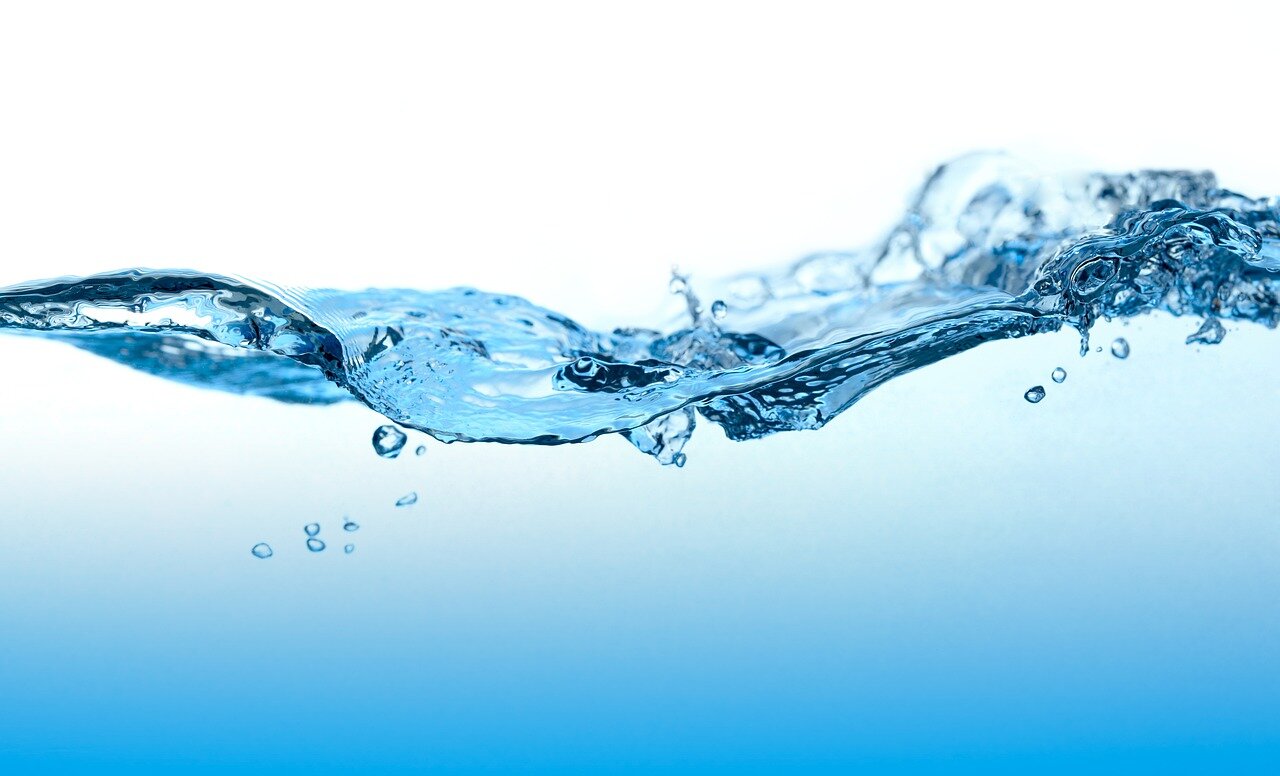
Conserving Water
Why is conserving water important?
Water shortages, which can be prevented by conserving water, can have dire consequences:
To understand the importance of mitigating the effects of drought or water shortages, it is helpful to look at all of the negative consequences. According to the National Drought Mitigation Center Droughts there are over 30 different major consequences. The list of these consequences can be found here: https://drought.unl.edu/Education/DroughtforKids/DroughtEffects.aspx
For simplicity sake, the major effects are below:
Economic:
Farmers may lose their crop or have to spend way more money for irrigation. As a result, the price of food will increase, which means many people below the poverty line could find themselves unable to afford food. A huge array of industries such as timber, power (hydroelectric), boat/fishing, meat, and more may find themselves struggling. The overall consequence of all this is an increase in the cost of living.
Social:
Health problems can occur due to poor water quality and also dust. People can die as a result of famine and poverty that is exacerbated by drought. Mental health issues as a result of stress brought upon by worries of fires, economic stability, or having to move are common. Out mental health is often closely tied to the presence of water since healthy ecosystems are beautiful and aesthetic. In addition, a lot of people partake in recreational activities that require water.
Environmental:
Destruction of habitat for fish and other wildlife, lack of food and water for wild animals, and disease outbreaks can hurt biodiversity and ecosystems at a large scale. This could also effect certain endangered species and ultimately lead to extinction. Wildfires and soil erosion can also occur as a result of drought. Wetlands, areas with incredible amount of flora and fauna, can be particularly hard-hit by drought.


